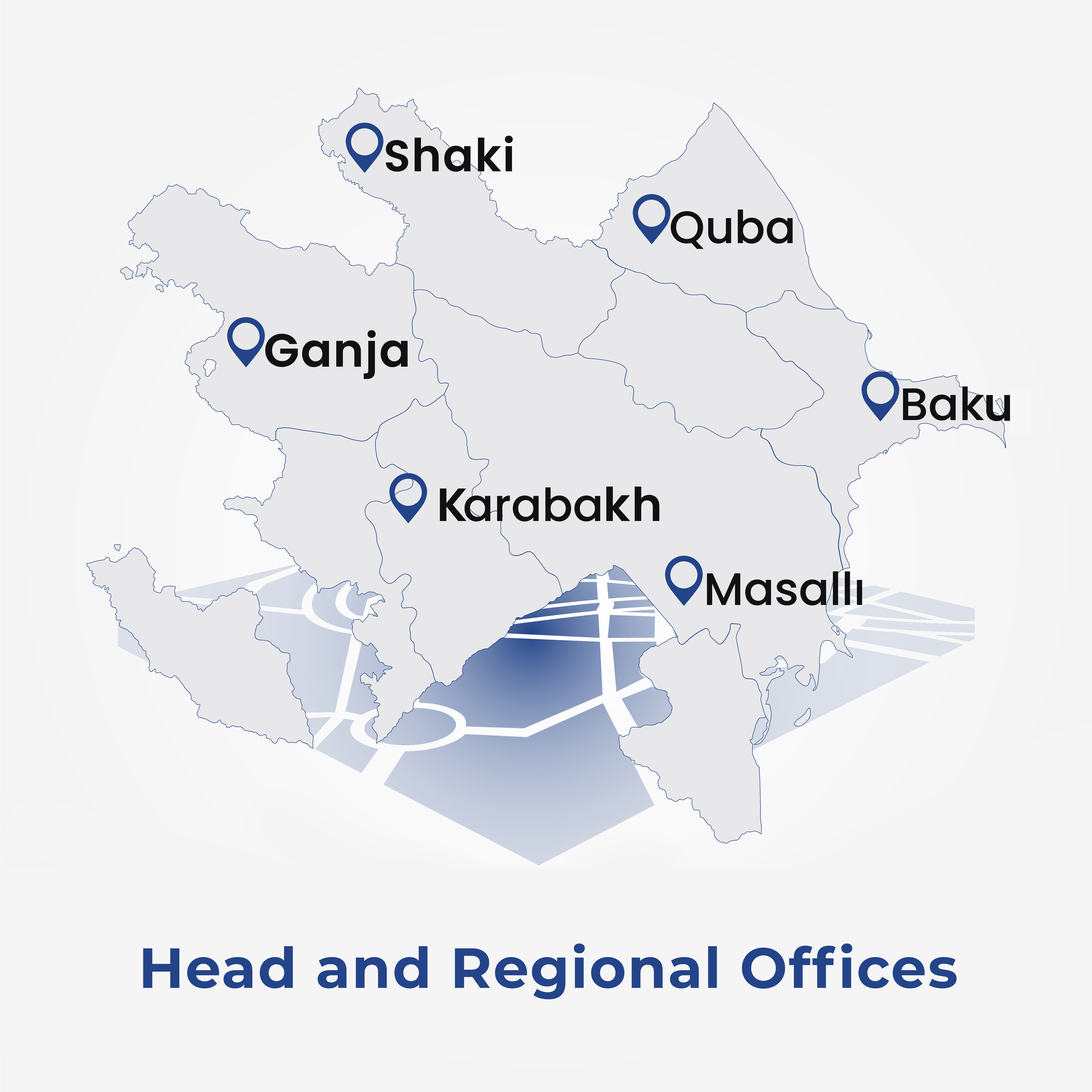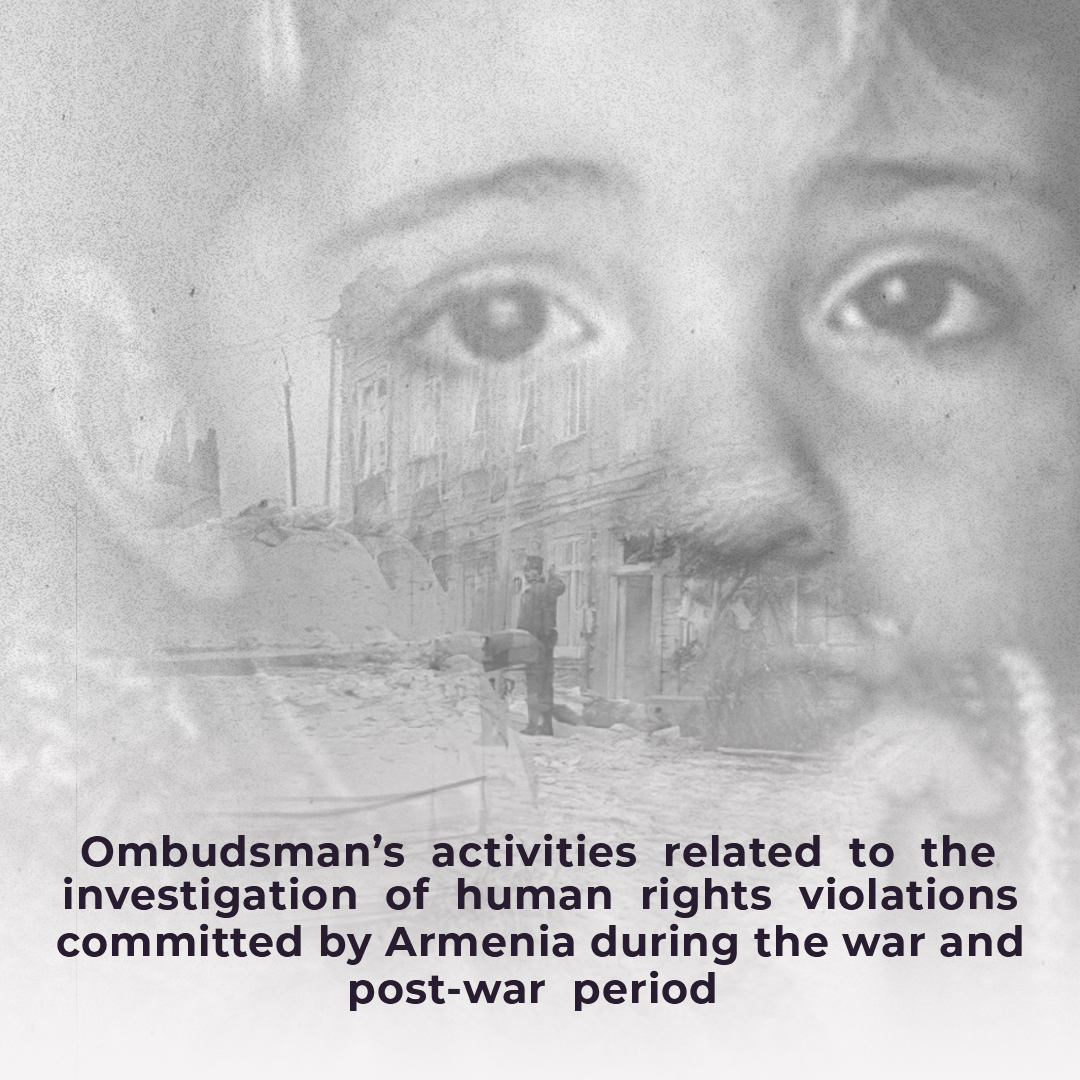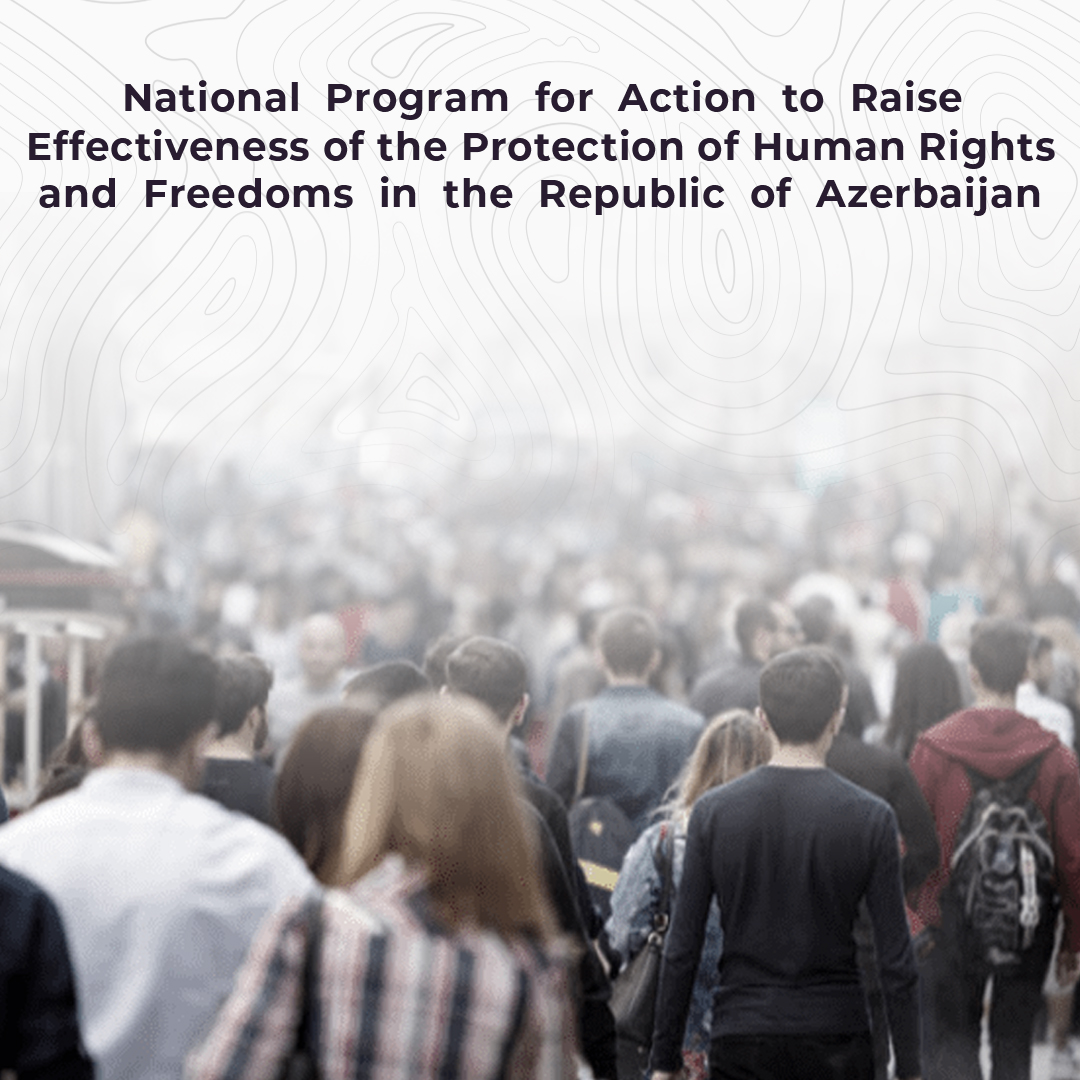
- Home page
- Commissioner
-
Activity Directions
- Mental Health and Human Rights
- Protection of the Rights of Population Groups
- Protection of the Right to Information
- Independent Monitoring Mechanism
- Legal Education
-
International Cooperation
- Cooperation with international organizations
- Cooperation with non-governmental organizations
- Study visits
- Projects
- Statements addressed to the international organizations
- “Ad hoc” reports
- Parallel and alternative reports submitted to the UN Treaty Bodies
- Oral and written statements submitted to the UN Human Rights Council
- Memorandums of cooperation
- Baku Declarations of Ombudspersons
- International Baku Forum
- Scientific Analytical Work
- Cooperation with Public and Civil Society Organizations
- Business and Human Rights
- National Preventive Mechanism Against Torture
- Protection of Human Rights
- Documents
- Media
- Live
- Contact
- Home page
- Commissioner
-
Activity Directions
- Mental Health and Human Rights
- Protection of the Rights of Population Groups
- Protection of the Right to Information
- Independent Monitoring Mechanism
- Legal Education
-
International Cooperation
- Cooperation with international organizations
- Cooperation with non-governmental organizations
- Study visits
- Projects
- Statements addressed to the international organizations
- “Ad hoc” reports
- Parallel and alternative reports submitted to the UN Treaty Bodies
- Oral and written statements submitted to the UN Human Rights Council
- Memorandums of cooperation
- Baku Declarations of Ombudspersons
- International Baku Forum
- Scientific Analytical Work
- Cooperation with Public and Civil Society Organizations
- Business and Human Rights
- National Preventive Mechanism Against Torture
- Protection of Human Rights
- Documents
- Media
- Live
- Contact
Call center
916
Ombudsman visited juvenile correctional institution in Guba
Within the framework of the activity as the National Preventive Mechanism against Torture, the Commissioner for Human Rights (Ombudsman) of the Republic of Azerbaijan, Sabina Aliyeva carried out a visit without prior notice to Guba special vocational school of closed-type special educational institution status under the Ministry of Education.
The purpose of the visit was to investigate the living conditions of children in these facilities and the treatment of them by staff members of the institution, as well as the status of ensuring the rights of children.
In order to investigate treatment issues, individual interviews were conducted with children kept in that educational institution, as well as with staff members; the current situation was studied.
The Ombudsman monitored all the units of the institution, including bedrooms and rooms for leisure time, canteen and kitchen, food storage and common area.
As a result of the monitoring, which was also attended by members of the National Preventive Group, it was observed that in the Guba Special Vocational School the living conditions were not appropriate for children; they had low level opportunities for access to quality education, efficient organization of leisure time and acquiring vocational skills. Despite the fact that the institution has sufficient number of staff members, there are no conditions for correcting the behavior and adapting the socially dangerous children to society. There are also no appropriate conditions for their psychological, medical and social rehabilitation, and there is an urgent need to arrange such services.
This correctional institution for placement of the minors under the age of criminal responsibility, set in the criminal legislation of the Republic of Azerbaijan, is not meeting the requirements the Model Regulation #65 "On open and closed type special educational institutions" approved by the Decision of the Cabinet of Ministers of the Republic of Azerbaijan on May 13, 2003.
At the end of the visit, the Ombudsman made recommendations to the administration of the institution with regard to implementing children's rights and improving the related activity on the basis of national legislation and international standards, including the provisions of the UN Convention on the Rights of the Child.
The results of the visit will be addressed to the relevant authorities in order to take appropriate measures.
It should be noted that the Ombudsman's initiatives and preventive measures, aimed at supporting juvenile justice system in the country, improving the national legislation, relevant practices, in general, promoting legal reforms, within the framework of the activities as a National Preventive Mechanism are contributing to assessment of existing difficulties and needs, also to taking necessary actions.
- National preventive mechanism against torture
- Protection of the rights of population groups
- Protection of the rights of refugees, IDPs and migrants
- Protection of the rights of detainees and prisoners
- Protection of the rights of military servants
- Protection of women's rights and provision of gender equality
- Protection of child rights
- General
- Legal awareness
- Protection of the rights of older people
- Protection of the rights of persons with disabilities
- Cooperation with public and civil society
- National preventive mechanism against torture
- International cooperation
- Non-Governmental Organizations
- Public hearings
- Mass media
- Business and Human Rights
- Protection of the rights of martyrs' families and war veterans
- Protection of the rights of migrants
- Prevention of discrimination and ensuring equality
- Right to information
- Mental health
- .
-

- The Ombudsman participated in the International Conference on “Artificial Intelligence and Human Rights: Opportunities, Risks and Visions for a Better Future” in Qatar.
-

- The Ombudsman sent letter to UN High Commissioner for Refugees regarding protection of rights of persons deported from Armenia.
-

- A representative of the Ombudsman Office took part in an event organized by the Ministry of Energy.
-

- The Ombudsman’s representatives participated in the Pardon Decree Enforcement Ceremony.
-

- A series of legal awareness events were organized by the Ombudsman's Regional Centers.
-




